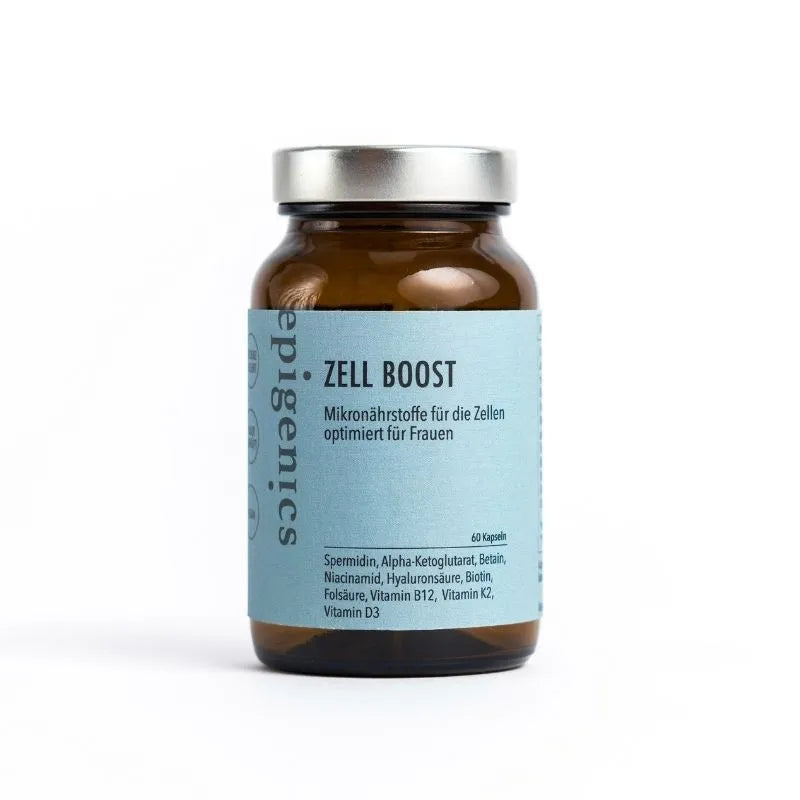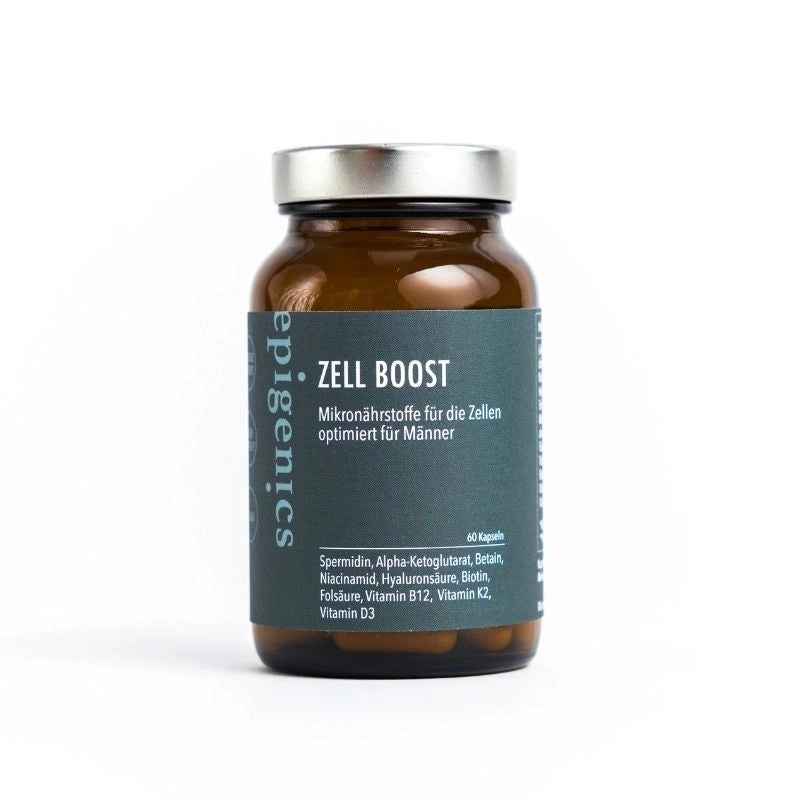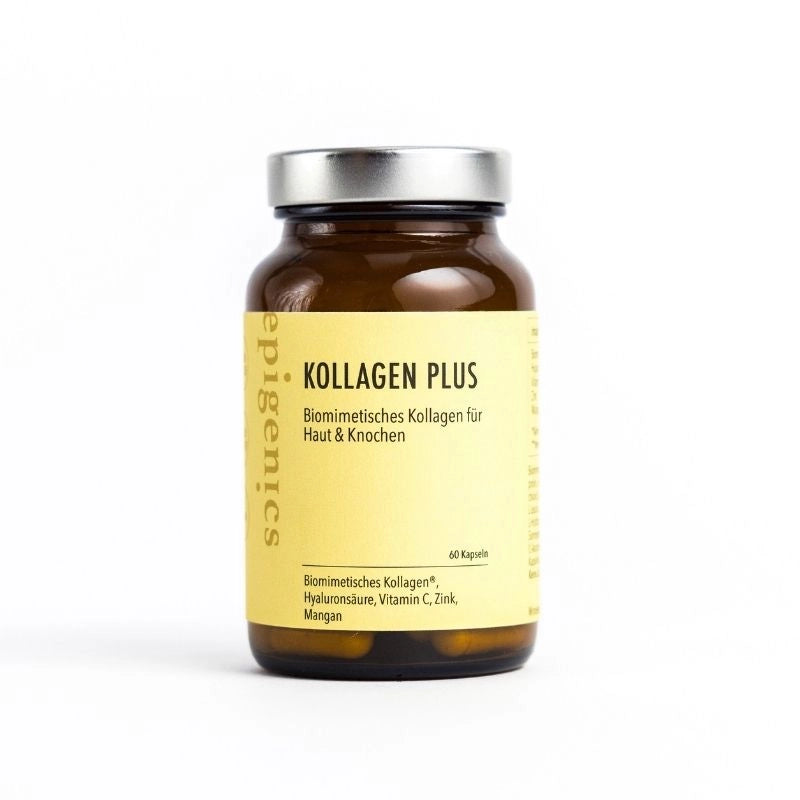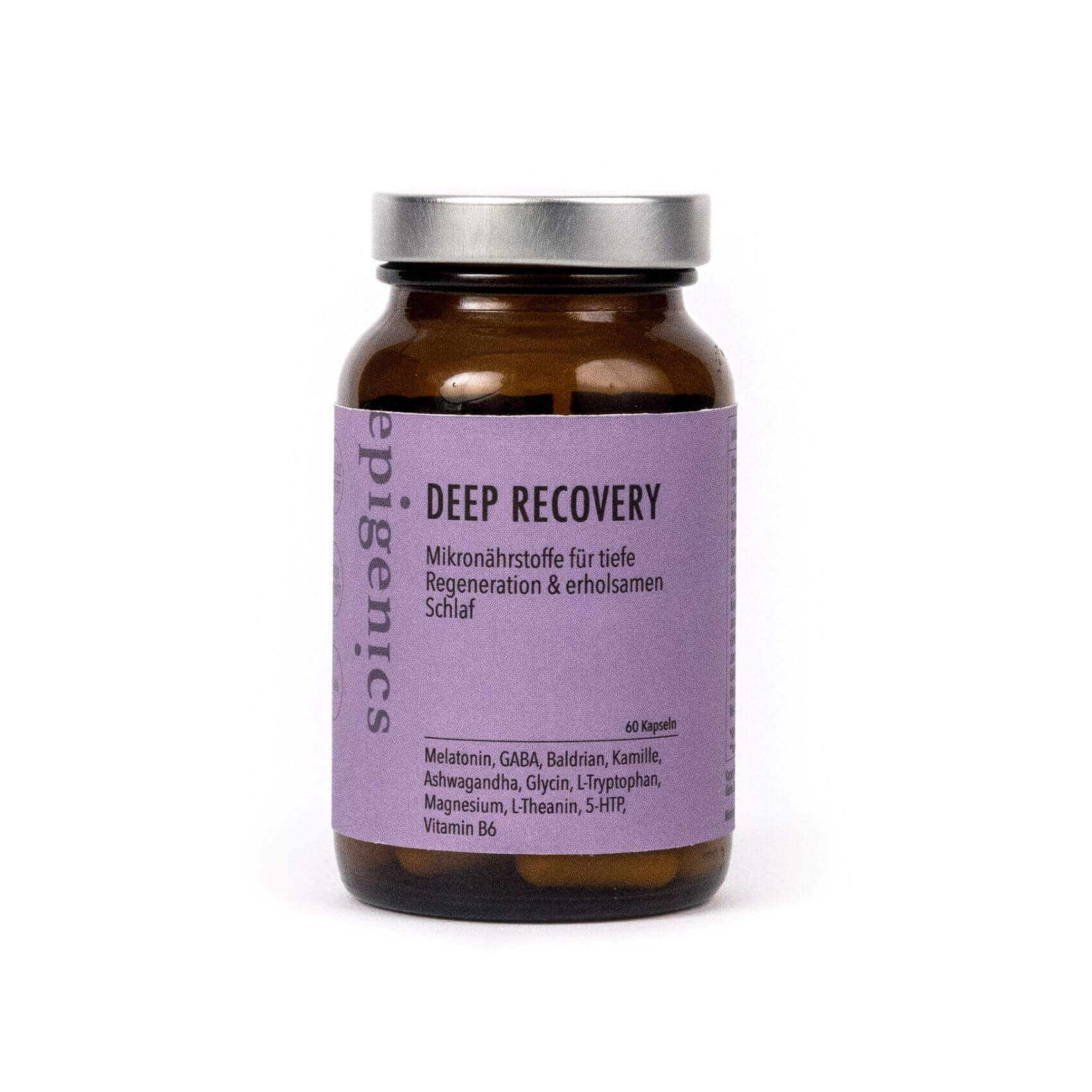Fatigue

Say goodbye to fatigue: effective tips for more energy and vitality in everyday life
There are days when you just can't get out of bed. We all know that. But what if these days turn into weeks? This is where a nutrient deficiency can be the cause. In this post, we'll get to the bottom of the most common nutrient deficiencies that lead to fatigue. We also explain how you can eliminate them to start each day full of energy in the future.
Rule out lack of sleep as a possible cause of fatigue
Of course, fatigue can simply be due to a lack of sleep. To make your sleep restorative and recharge your batteries overnight, it is recommended that you go to bed before midnight to get to about 8 hours of sleep per night. Breathing exercises and meditation can help shut down the nervous system, especially in the evening, to get into a relaxed state. Also, avoid having caffeinated drinks late in the afternoon or evening.
But what if they can rule out sleep as the cause of their lack of energy? Then it's worth taking a look at a few key nutrients.
What nutrient deficiencies lead to fatigue?
Nutrient deficiencies usually occur due to an unbalanced diet. Deficiencies in the following vitamins have been associated with fatigue and lack of energy in several studies:
- Vitamin B3 (niacin or niacinamide).
- Vitamin B12
- Vitamin D3
- Iron
Iron
Iron deficiency often occurs in young women due to blood loss from menstruation. In the case of iron deficiency, however, it is especially important that a true deficiency be confirmed by a health care professional. This is because, unlike other vitamins and minerals, you can also suffer from an iron overdose, as iron cannot be easily excreted by the body. With too much iron the iron stores in our body can no longer bind the iron. Unbound iron is aggressive and can damage cells of vital organs. Excess iron over a long period of time can lead to hypothyroidism, joint pain and depression, among other things.
The energy boosters B3 and B12
About NAD is vitamin B3 is involved in the control of intracellular calcium release. Calcium signaling is closely linked to the energy status of the cell. An insufficient supply of vitamin B3 is therefore associated with weakness, fatigue and apathy.
With vitamin B3, it is important to pay attention to the correct form. While niacin can cause side effects such as flushing (red skin, swollen hands), niacinamide has no side effects even in high doses.
Vitamin B12 plays an important role in DNA integrity. Insufficient vitamin B12 intake therefore impedes DNA synthesis. A deficiency of vitamin B12 can lead to reduced energy and physical resilience as well as fatigue and shortness of breath. These symptoms regress and disappear with vitamin B12 supplementation.
The good mood vitamin D3
Vitamin D3 does not occur at all in our food, but is produced by the body itself. However, only by exposing our skin to the sun. However, this carries some risks, as increased sunbathing ages the skin more quickly and makes us more susceptible to skin cancer. Therefore, it is particularly useful to support the body with a dietary supplement.
A study showed that supplementation with vitamin D3 effectively eliminated fatigue and exhaustion. In addition, a metastudy found that vitamin D3 supplementation can reduce negative emotions.
The all-in-one solution
In our nutritional supplement Zell Boost we combine vitamin B3 (niacinamide), B12 and D3 as well as 5 additional highly effective micronutrientsthat allow you to face each day with full energy. Cell Boost supports you on your way to optimal health and revitalizes your body from the inside, because our formulation starts at the cellular level. Convince yourself now, here you can go directly to our Store.









